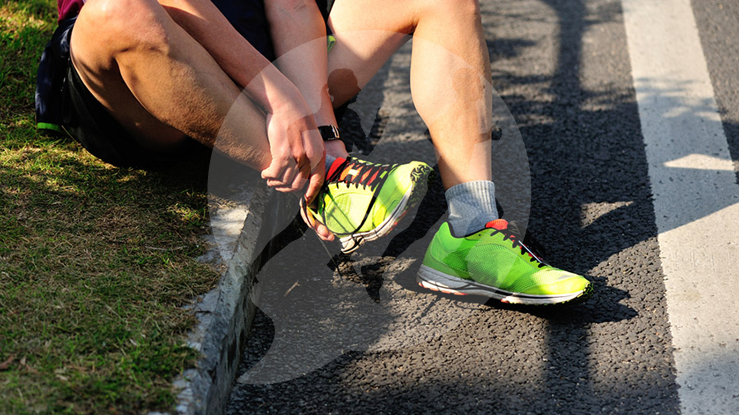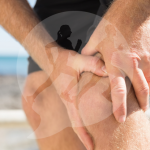Human beings wear out; just like machinery, bits of us break down from time to time and need repairing or replacing. As we get older, injuries take longer to heal, and aches and pains that used to be minor niggles turn into major – and permanent – inconveniences that can at best stop us participating in some leisure activities, and at worst leave us unable to work as well.
In addition to carrying low-grade pain and minor injuries, other conditions become more common as we get older, such as general back pain or arthritis, not to mention the increasingly difficult to ignore nag of a hip or knee joint that is going to need replacing at some point in the future if you’re to remain mobile.
Just as prevention is better than cure, early intervention is better than waiting for a musculoskeletal issue to become something that limits your daily life. However, as your GP will tell you, orthopaedic issues within the NHS are usually dealt with as requiring a reaction rather than early action, so you may wish to investigate the options that private orthopaedics offer you instead.
Many joint, muscle and bone problems that will get progressively worse no matter how well or carefully you manage them, and seeking medical advice as soon as you suspect you have an issue requiring attention will shorten your recovery time in the long run. Another advantage of opting for private orthopaedics rather than waiting for treatment is that you can limit the impact on your life. For example, you have the luxury of being able to liaise with your workplace to schedule your surgery for a mutually convenient time, especially as the invasive nature of orthopaedic surgery can mean that your recovery time could be months rather than weeks. Being able to put measures in place either to work from home, or return to work with reduced duties can even assist your recovery. If you are self-employed, the quicker treatment path offered by private orthopaedics means that you can give your clients a clearer picture of when you are likely to be able to fully return to work.
Of course, recovery periods from orthopaedic surgery aren’t an exact science; your age, your general health, and any underlying medical conditions will all affect how quickly you’re back to normal, not to mention how diligently – or otherwise – you follow any exercises, physiotherapy, or other recommendations your surgeon makes. There is always a period of adjustment after invasive surgery, particularly if you have had a joint replaced. For example, you will still experience pain and reduced mobility as you heal, so expecting a return to a normal range of movement overnight is unreasonable. Although exercise is important, you should also take care not to overuse the joint, as the surrounding tissue will steal be healing.
Your surgeon will provide all the aftercare and support you need, so it’s worth discussing concerns and expectations with them throughout the pre and post-operative care period.

About Paul Stainthorpe
Running has been part of my life since 2011. While growing up I hated running and would do anything to avoid it at school. Give me a ball and a racket any day. It’s funny how some things change. I run for good. In 2012 I ran the 12 Days of Christmas for the Percy Hedley Foundation. In 2013 I attempted (with friend Lee Nyland), the 12 parkruns of Christmas for the Tiny Lives Trust.- 3 Careers For Fitness And Sports Enthusiasts - January 8, 2018
- 5 Essential Steps To Making The Most Of Your Weight Loss Holiday - November 6, 2017
- How To Stay Safe And Healthy When You’re Running - August 4, 2017
- How Quitting Smoking Will Improve Your Fitness Levels - May 4, 2017
- How Much Is Too Much? - April 26, 2017
- Jojoba Oil And Your Beard - March 24, 2017
- Top 10 Protein Power Breakfasts - March 21, 2017
- 4 Immune Boosting Porridge Toppings - February 2, 2017
- How To Fit A Healthy Lifestyle Into A Busy New Year - January 13, 2017
- Don’t Be Fooled By These 3 Weight Loss Myths - December 21, 2016


























